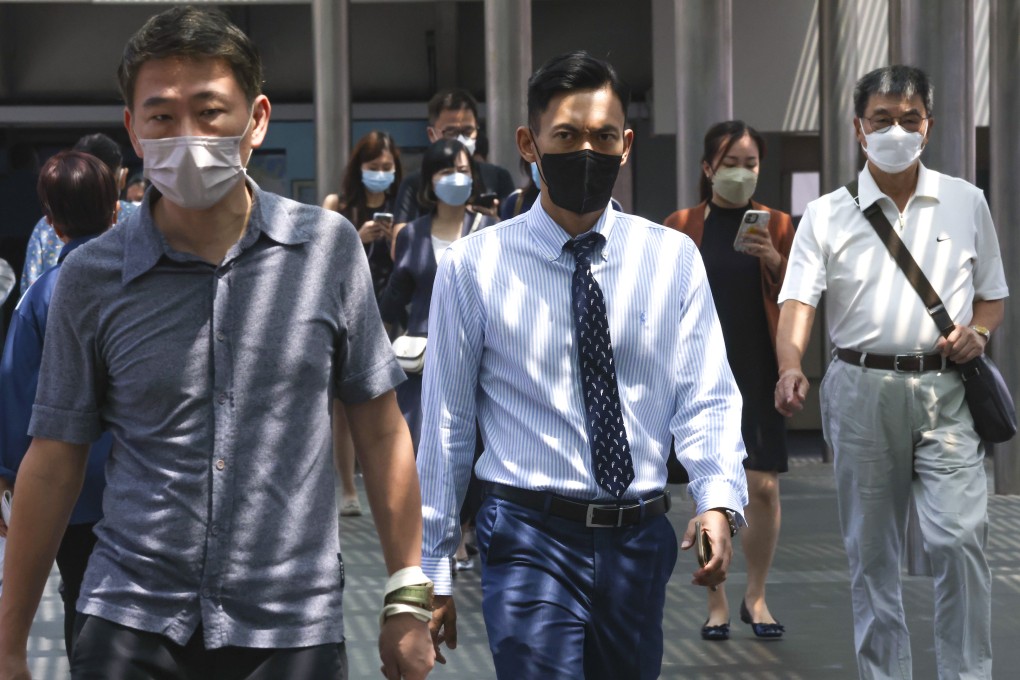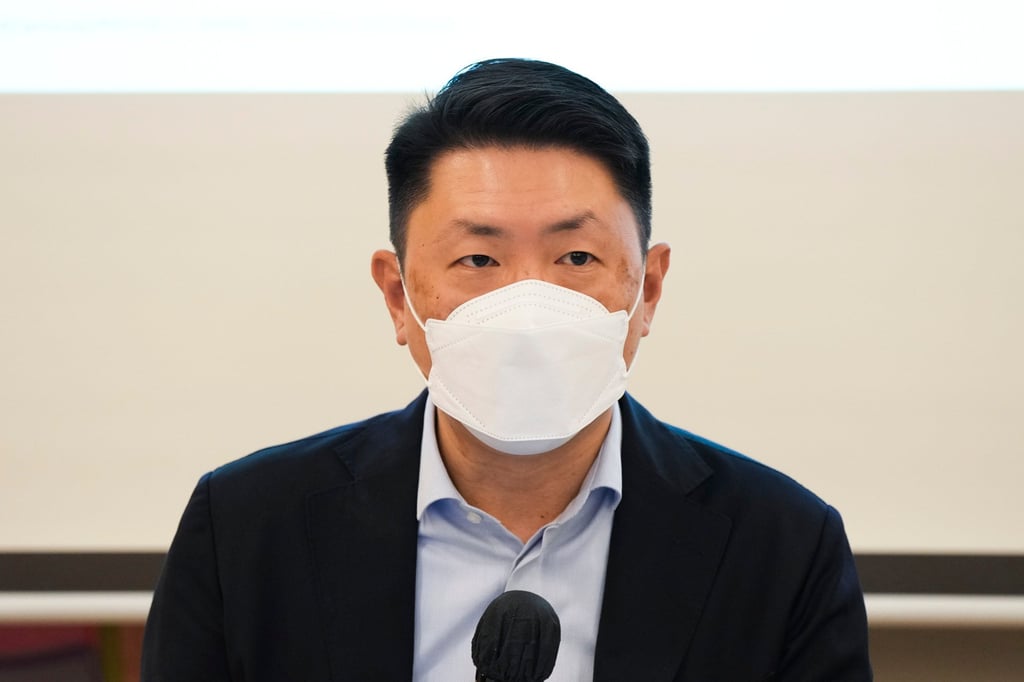Coronavirus: Hong Kong can ease social-distancing rules now, adopt ‘0+0’ scheme in coming weeks, health experts say
- Government pandemic adviser Ivan Hung says conditions are ripe to relax curbs that were last eased in May
- ‘Comprehensive’ review of local Covid-19 policies is logical next step after relaxation of ones for travellers, argues Joseph Tsang of the Medical Association

Hong Kong can further relax travel curbs and social-distancing rules provided Covid-19 cases do not rebound in the coming weeks, health experts have suggested, as the city took a major step towards re-engaging with the wider world by ending hotel quarantine for arrivals.
Pointing to successive days of declining infections, the specialists argued the risk the coronavirus posed to the community did not outweigh the burden many rules placed on residents and businesses. Health officials reported 4,034 cases on Monday, less than half the 10,586 logged at the start of the month, along with 12 more related deaths.
“We definitely have the conditions to relax social-distancing measures, as the number of daily infections has dropped to more than 3,000 and may further fall to 1,000 to 2,000 in a few days,” said Ivan Hung Fan-ngai, a leading government pandemic adviser and chief of the infectious diseases division at the University of Hong Kong’s department of medicine.

Restrictions on restaurants’ seating capacity could be removed, while overnight lockdowns of buildings, compulsory screening of residents and sewage testing could also be suspended, he argued. Close contacts of cases, especially medical personnel, should no longer have to quarantine at home and instead only be required to take daily nucleic acid tests and wear N95 masks or ones with equivalent protection, he added.
Hong Kong on Monday switched from a “3+4” arrangement – three days of compulsory quarantine in designated hotels plus four under home medical surveillance with limited citywide movement – to a “0+3” model.
At the Hong Kong International Airport, passengers were seen hugging loved ones at around 7am after a flight from Taipei landed, the first of 46 arrivals scheduled for the day. The groups headed home or to a hotel without having to wait for results of a polymerase chain reaction test, in accordance with relaxed rules.
During the three days of medical surveillance, arrivals are issued an amber QR code on the government’s risk-exposure “Leave Home Safe” app, which allows them to move around the city but bars them from visiting most premises.
